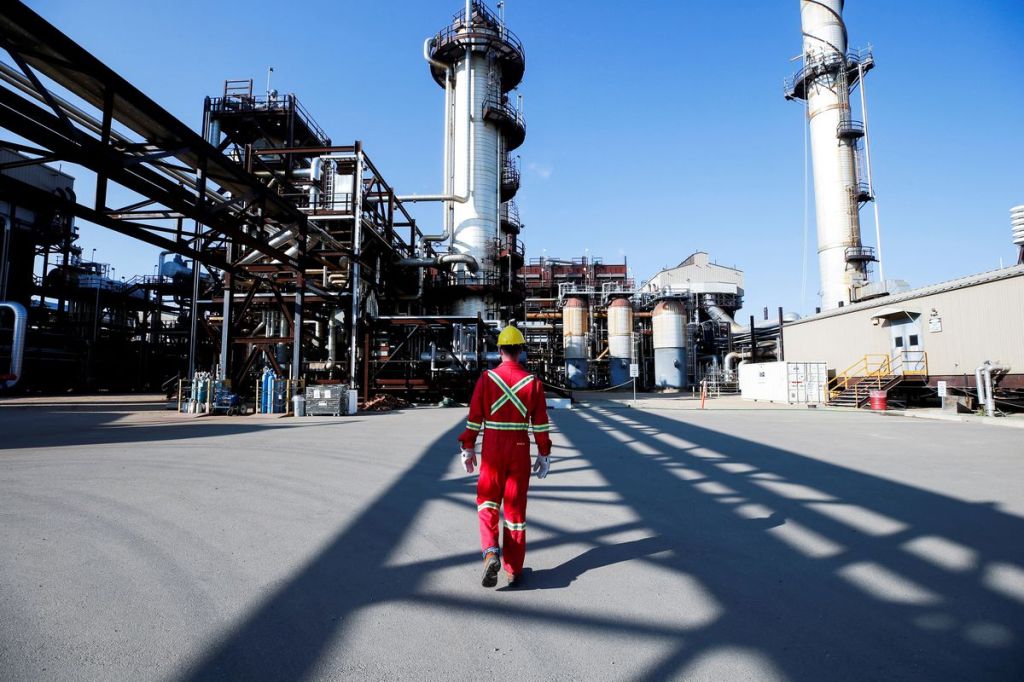
By Anders Lorenzen
In a groundbreaking step signed into law in the US, tax credits worth $430 billion have been set aside for carbon sequestration projects.
Never one to miss out on money-making opportunities, US oil and gas companies are eyeing up these newly available tax credits which would give them a chance to showcase green credentials whilst effectively getting paid for them. Another reason for the interest is that companies are being pushed by big investors to do more to tackle climate change.
Carbon capture and storage (CCS) hubs that take gases from chemical, power and gas producers and oil refineries, have become the fossil fuel energy industry’s favourite way to cut emissions; they allow them to perpetuate the narrative that business as usual is OK. But so far projects are far and few between and the CCS industry has been slow to start up. The question of who should be funding the projects has held back progress and companies have failed to make a business out of capturing CO2.
Kickstarting carbon capture
But in the Biden Administration’s Inflation Reduction Act, tax credits are available of up to $85 per ton for burying CO2 produced by industrial activity and up to $180 per ton for pulling CO2 out of the air, creating renewed hope that this could kick-start the industry. Climate scientists are adamant that CCS en masse is needed if we are to avoid the worst impacts of climate change; a view backed by the International Energy Agency (IEA) adds that the sector must grow fast and store 7.6 billion tonnes of CO2 each year – a huge increase from the 40 million tonnes currently stored.
Currently, there are several carbon sequestration hubs proposed around the world. The Swiss company Climeworks has launched a pilot project in Iceland which captures CO2 directly from the atmosphere; as such projects are highly attractive they are also awarded a tax credit in the Biden Administration’s policy.
The CEO of Talos Energy, Tim Duncan, told Reuters news agency that the bill was a pretty big deal. The company, an offshore oil and gas producer, is building a business around carbon sequestration and has launched four projects with large backers.
However, there’s widespread concern within the energy industry that policies will need to be upgraded to incentivise investments. The US still does not have a national carbon pricing system, such as carbon trading or a carbon tax, whilst the EU and the world’s largest emitter China do.
Categories: energy, technology, US politics
3 replies »